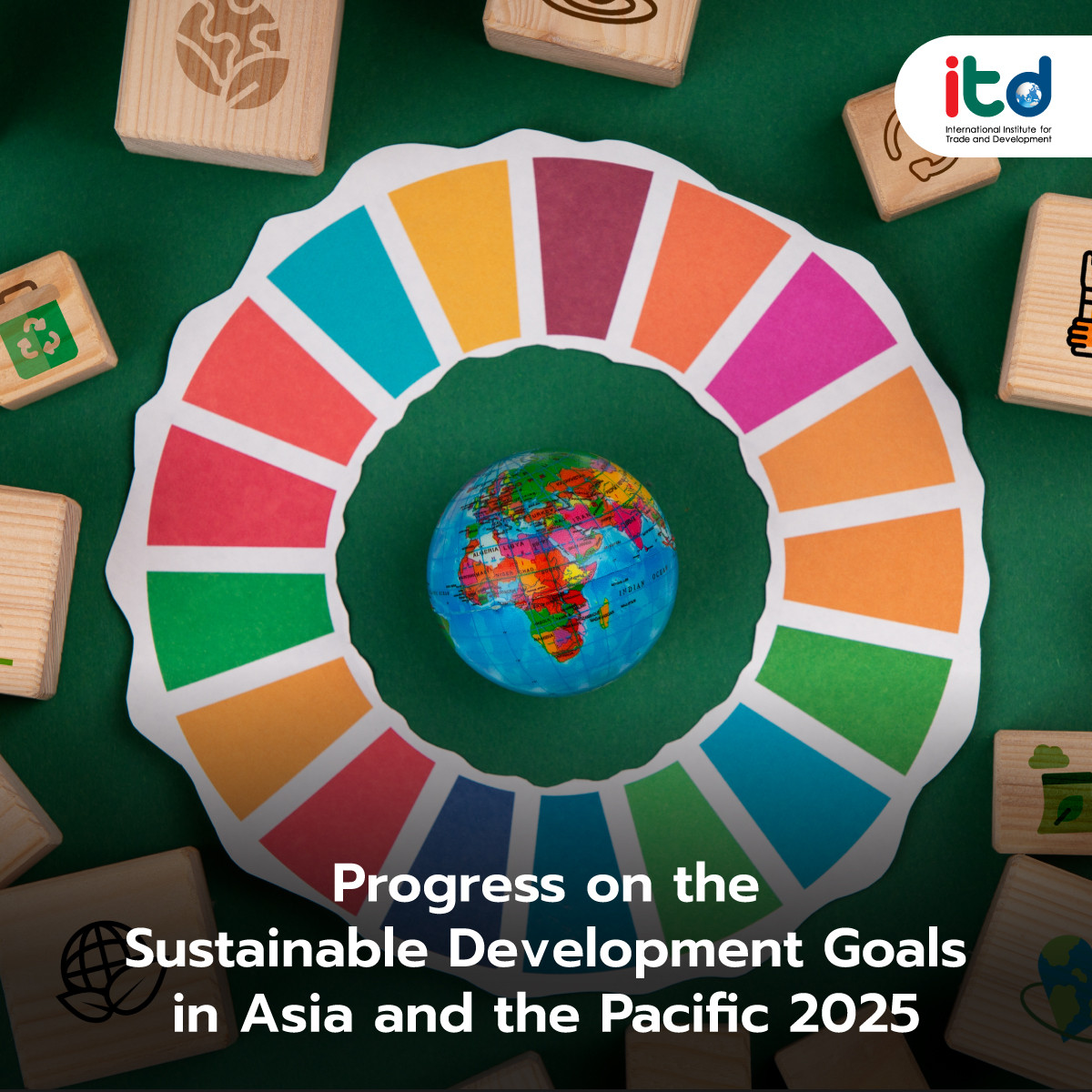About Documents
The April 2024 edition of the Asian Development Outlook, prepared by the Asian Development Bank, indicates that the Asian economy is experiencing improvement. The Chief Economist of the Asian Development Bank stated that the overall Asian economy has strengthened, although external factors outside the region remain uncertain. Factors positively influencing the economic expansion trends in Asia include the end of rising interest rates, the recovery of global demand for exported goods influenced by the semiconductor trade cycle upturn, which has improved the overall economic situation in Asia. It is expected that the Asian regional economy will expand by 4.9% in both 2024 and 2025.
This report also indicates that, although the economy is improving, there are still risk factors that need to be monitored and assessed, including: (1) geopolitical conflicts that could disrupt the supply chains of goods produced in the region and cause price volatility in the region; (2) changes in the reference interest rates of the U.S. Federal Reserve; (3) the situation in China’s real estate market; (4) negative impacts from the variability of the climate environment.
Every country in the Asian region should prioritize enhancing the adaptability of their economic systems to the impacts of external factors by focusing on promoting international trade and investment, cross-border investment, and the integration of commodity supply chains.
An example of an interesting ASEAN economy is Indonesia’s, which is expected to expand by 5% in 2024 and to grow at the same rate in 2025, influenced by factors driving domestic consumption growth, continued government investment in infrastructure development, and private sector investment. The inflation rate for 2024 is projected to be at 2.8%, down from 3.7% in 2023. Indonesia’s long-term policies should focus on developing the country’s overall production productivity, human resource potential, healthcare system, and the development of social protection systems.
The Malaysia’s economy is expected to expand by 4.5% in 2024 and slightly increase to 4.7% in 2025, positively influenced by domestic consumption, recovery in the export manufacturing sector, and supported by monetary policies that promote economic recovery. The challenge for Malaysia’s policy implementation is the collaboration between the public and private sectors to transition towards a green economy, including the shift to renewable and alternative energy sources.
According to the ADB, the Thai economy slowed down in 2023 due to delays in government budget spending and external factors that hindered the growth of Thai exports. However, for 2024 and 2025, the Thai economy is expected to benefit positively from the recovery of the tourism sector, increased government spending, and improved export performance. The Thai economy is projected to expand by 2.6% in 2024 and increase to 3% in 2025. Key risks for the Thai economy include the impact of global geopolitical conflicts and the effectiveness of the transition to a green economy.
Author:
Mr. Wimon Punkong
Deputy Executive Director (Academic)
International Institute for Trade and Development (Public Organization)
www.itd.or.th
Publication: Bangkok BIZ Newspaper
Section: First Section/World Beat
Volume: 37 Issue: 12621
Date: Wednesday, April 17, 2024
Page: 8 (left)
Column: “Asean Insight”






